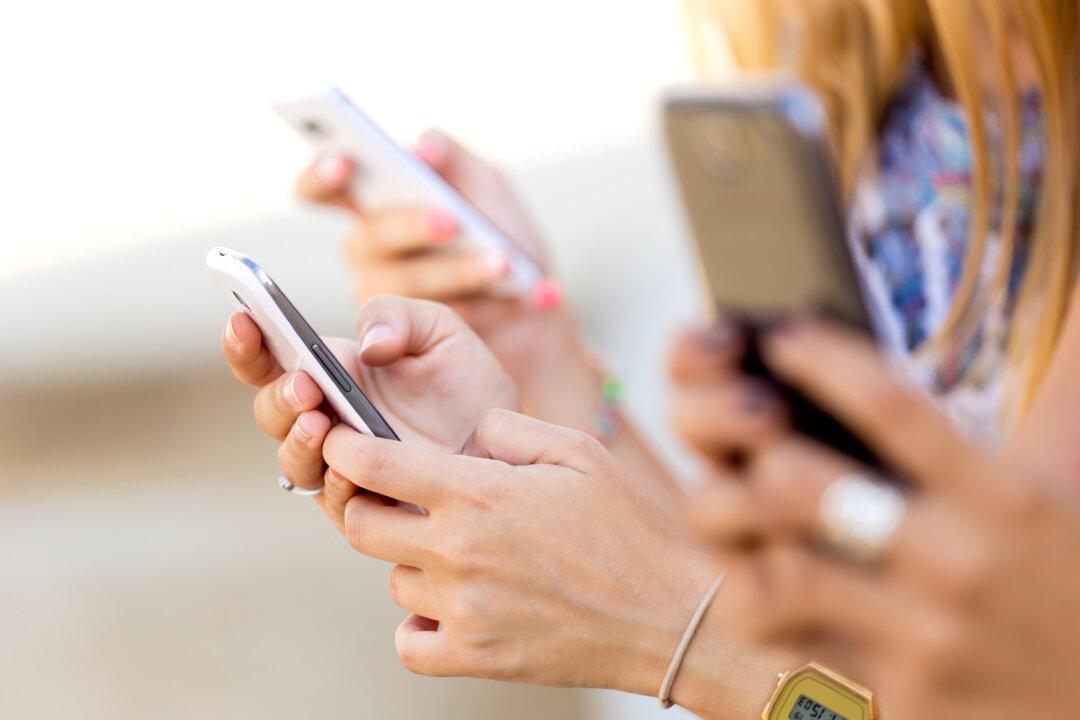Prince Edward Island is suggesting limits on students’ screen time and is asking teachers to avoid assigning screen-based homework.
Education guidelines released on Jan. 23 recommend limiting continuous screen time for elementary school students (ages 5–11) with a break every 30 minutes to stretch or move. For intermediate and high school students (ages 12–18), it recommends at least one break every hour for movement and advises light to vigorous physical activity throughout the day.





